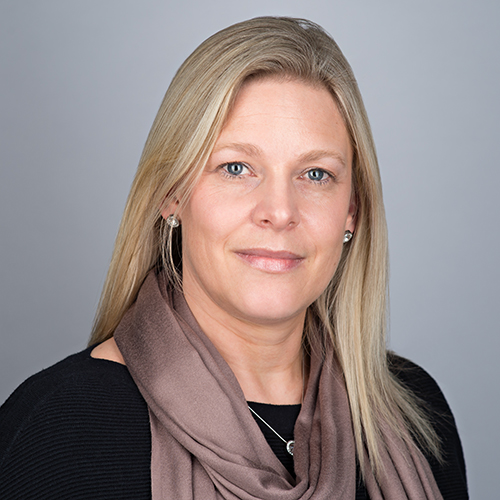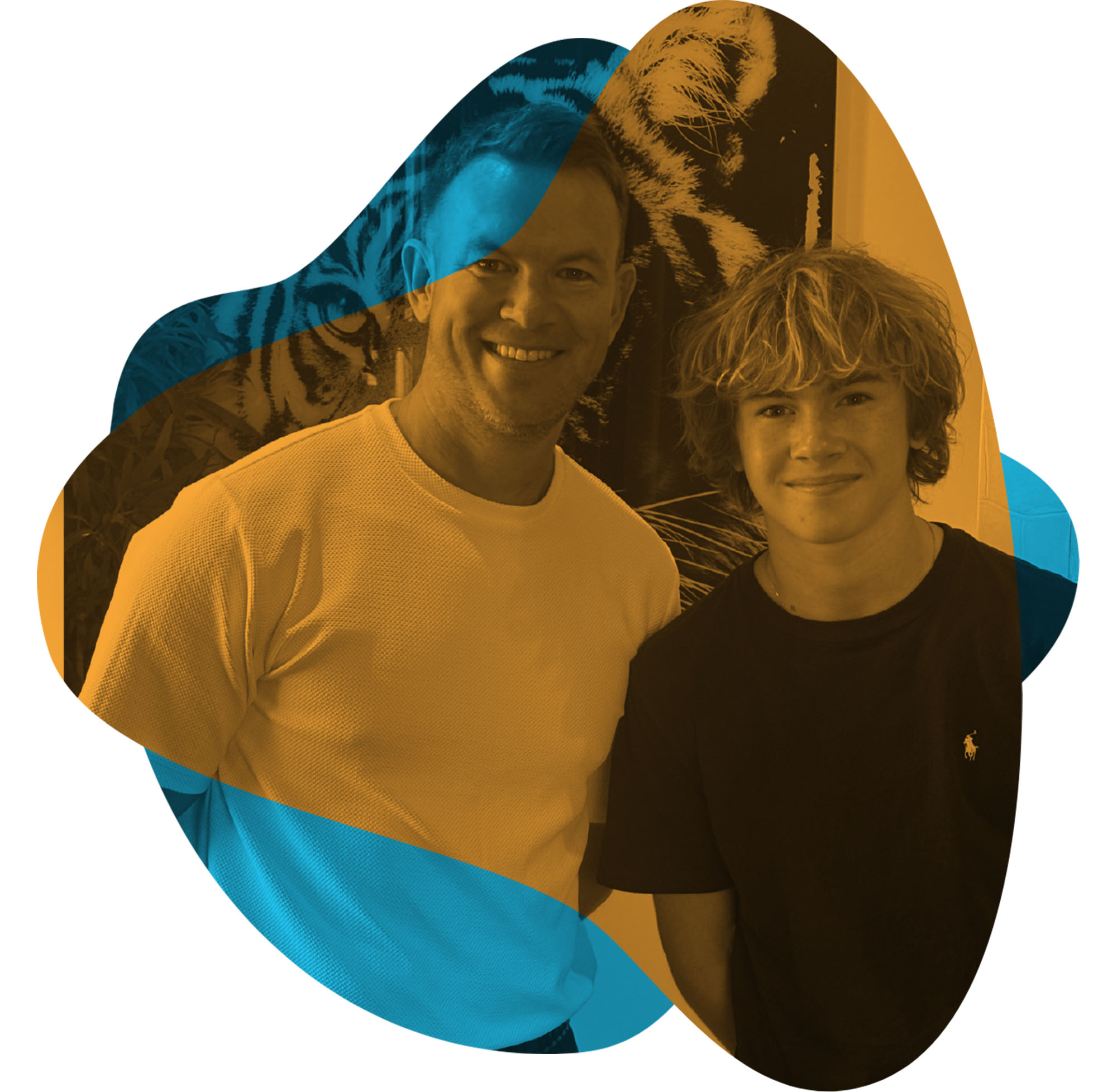Victoria Jones, Global Vice President for Equality, Diversity and Inclusion at Atkins (part of the SNC-Lavalin Group), has been part of the group for 18 years, delivering roles across the HR function.
Victoria’s ED&I journey started in 2010 when she joined their Gender Balance Focus group, through a voluntary role alongside her role in Talent Acquisition at the time. This allowed Victoria to pursue her passion for supporting the organisation to improve their gender equality.
After six years, Victoria became the Head of ED&I for the UK & Europe region in 2016 and secured the Global ED&I role in 2021.
Today, Victoria’s role requires her to enable the delivery of the Global ED&I program to fulfil on their commitment to true equality.
Before joining Atkins, Victoria’s career spanned from roles in recruitment, technology, and the public sector.
What prompted your passion for promoting equality, inclusivity, and accessibility within the workplace?
As I started to progress in my career at Atkins, it was evident there were very few role models for me to look up to. I also observed that those in senior roles had often developed male behaviours along their journey, which I found difficult to relate to. I didn't want to change who I am to progress my career. I am pleased to say that this has improved significantly over the last 18 years.
What role does stakeholder engagement play in successfully implementing Equality, diversity, and inclusion strategies?
Stakeholder engagement and authenticity are vital to delivering a successful ED&I strategy. Weaving ED&I into everything you do takes time, hard work and total commitment. If your stakeholders aren't onboard, your strategy won't work, and you won't deliver on your commitments as an employer. I often talk to my stakeholders about how important our employee experience is – the more we grow and the more diverse talent we attract, they will only stay and thrive in their careers if our employee experience is inclusive of all. Without all stakeholders across functions and the business on board, this wouldn't be possible – they are key enablers to the outcome we're all striving for. True equality with equal opportunities and equal outcomes for all!
What would your advice be to other leaders striving to expand inclusivity and diversity within their teams?
It's essential to develop a culture of allyship. We are all different, which makes this world a great place to be, but we all need to acknowledge, understand and respect those differences. By being active and visible allies, we can all learn about each other and offer support where needed. When we understand and respect each other's differences, we see more collaboration, innovation and, more importantly, inclusive and welcoming organisations that perform to their best.
The Nuclear Sector Deal sets out to improve diversity across the sector in order to achieve its goal of 40% female participation in nuclear by 2040. With female representation currently being 22% within nuclear, what steps do you believe are crucial in order for the sector to reach this goal?
There are so many steps on this important journey, and they are all crucial. Change needs to start right from early years – schools have a huge role in educating young children about skills that are changing our world. They need to plant seeds about different types of roles/careers right from the start so that we develop a growth mindset within our young people. We must help them learn about different roles/responsibilities that may not have traditionally been shared. Organisations can support here and use their STEM outreach activities to reach young people.
We need to work with colleges and universities in the same way and continuously re-enforce the different skills out there and the various careers available for all, particularly for females.
Apprenticeships, placements, and internships also play an essential role, and we all must strive for gender parity in these programmes.
Although 2040 seems like a long way off, it will soon come around, and the young professionals will contribute to the 40% target; however, the here and now is equally as important, and there are several steps we should be taking. We should be focusing on attracting and developing experienced hires through a number of interventions – by introducing returners programs to bring females back into the sector that may have left for various reasons over the years, by developing female talent through dedicated programs, by providing mentorship, sponsorship and providing opportunities for promotion or stretch to ready individuals for their next role.
Retention is also important, and we must make sure we have flexible working practices in place, fully inclusive policies that respect all genders and reward and recognition programs that support everyone at different stages in their lives. All in an all what’s needed is a holistic approach to ED&I across organisations and the sector – that’s the only way these numbers will be achieved.
Is there anything you would like to add?
Achieving true equality is a continuous journey that requires hard work and dedication but we can all make a difference and we should!









